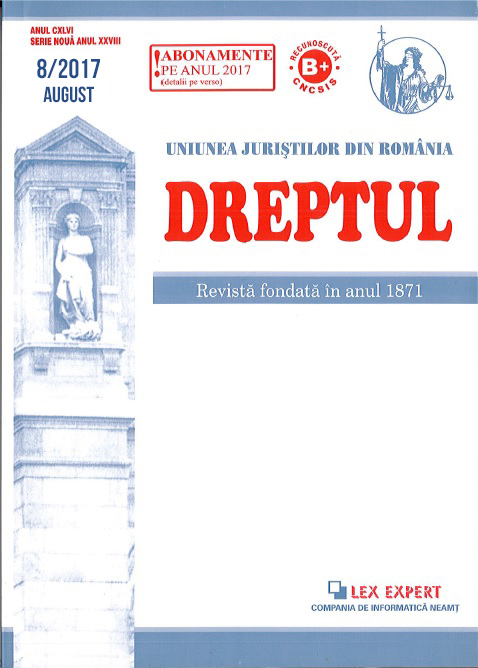The notion of „principle” has known three approaches throughout its history: ontological (philosophical), logical, and normative. Ontologically, it would mean the primary object of knowledge stemming from the intellectual act, by the procedure of induction, generalization (a form of reasoning), starting from the particular and ending with the general, from facts to concepts. In a logical sense, it is a general proposal induced from particular rules, being a source for deductive reasoning wherein the conclusion follows necessarily premises that are sources of orientation: ideas, facts, situations. Legal logic has a wide content, and it is considered that logical principles denote, on the one hand, a body of rules stemming from a methodic and reflected development, rules ordered systematically, and, on the other hand, the axioms that substantiate a rational structure. This is how principles are linked with the perpetual work of sensibly organizing the law (the activity of legislation). In a normative sense, the principle no longer describes the object or a form of logic, nor does it describe an axiom or a reason-based system of rules, but a legal norm/standard whereby an obligation is asserted, establishing a resource for the legal interpreter. Interpretative adages which relate, however, to formal rules of logical reasoning, may clash and lack any compelling force, being used by the judge in the development of his/her own policy. The role of the principles is to ensure the coherence and harmony of the legal system, since they are the expression of superior values embedded in the spirit of the law. Regarding the content and the extent of the principle of legal certainly, legal literature has identified three levels of approach: pre-judicial legal certainty; procedural legal certainty and post-judicial substantial legal certainty; all of them meet to ensure the „predictability of the law” so that the parties/the litigants have a feeling of certainty.


